The Fall 2020 Light and Health Institute course has now ended. Stay tuned for future dates.
The Light and Health Institute is moving to an online format this year!
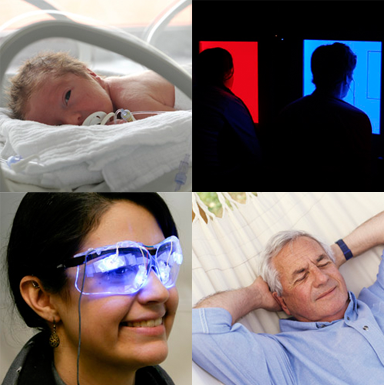 The effect of light on human health and wellbeing is one of the most discussed topics in lighting today, but also one of the least understood. With the current COVID-19 pandemic, people have a heightened awareness of environmental factors that can positively, or negatively, affect their health.
The effect of light on human health and wellbeing is one of the most discussed topics in lighting today, but also one of the least understood. With the current COVID-19 pandemic, people have a heightened awareness of environmental factors that can positively, or negatively, affect their health.
Sleep disorders, for example, are on the rise, with more than 70% of adults reporting that they obtain insufficient sleep at night. Light is the main factor impacting a person’s sleep-wake cycle, telling the body when to go to sleep and when to wake up. People in modern society spend more than 90% of their time indoors without enough light to stimulate the circadian clock. In the evening, the blue light from smartphones and computer screens makes the brain think it’s time to wake up, just as you're getting ready for bed, resulting in feeling tired and sluggish the next day.
The LRC’s Online Light and Health Institute will provide information on how to use the power of light to improve health and wellbeing in schools, offices, hospitals, and homes.
Colette Fleming, Director of Health Care for Axis Lighting, discusses her experience in taking the LRC's Light and Health Institute course and the importance of education in this growing area of research and lighting design.
Program objectives
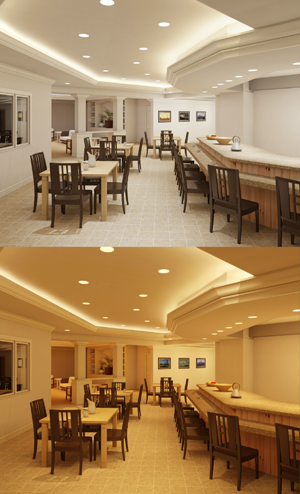 At the conclusion of the Institute, participants will be able to:
At the conclusion of the Institute, participants will be able to:
- Understand the latest research on the effects of light on human health and wellbeing
- Critically analyze information on light and human health
- Develop lighting designs and select lighting systems that can positively impact health and wellbeing
- Evaluate the effects of a lighting design on health and wellbeing
- Calculate the impact of light from any light sources and light levels on the human circadian system
- Understand the effects of light on target populations such as older adults, adolescents, school children, shift workers, and others
- Understand the limitations of current lighting metrics (e.g., CCT, lux) in specifying light for the circadian system
In addition, lighting manufacturers will learn how to develop lighting fixtures and systems that can be used to positively impact health.
Who should attend?
Professionals from a range of backgrounds interested in learning the latest developments on light and health, including:
- Lighting designers and specifiers
- Architects
- Engineers
- Healthcare professionals
- Facility managers and administrators
- Lighting manufacturers
- Lighting product developers and designers
Program description and schedule
The Online Light and Health Institute will include a series of eight, weekly online lecture, demonstration, and discussion sessions. There will also be offline field exercises in which participants will engage to reinforce the concepts covered in the course.
Each weekly online session will be two hours in length. Online sessions will be held on Tuesday afternoons from 1:00 to 3:00 PM US Eastern Time, beginning September 8, 2020 (see schedule below). There will also be an online discussion and question & answer board where participants and presenters can share information and hold informal discussions between online sessions.
Prior to the beginning of the course, all participants will be sent a Daysimeter to wear for week as they go about their daily lives. They will also keep a log of activities, sleep times, etc. This will be returned to the LRC for analysis the first week of the course. Results will be shared (anonymously) and discussed during one of the online sessions. Each participant will receive an analysis of their own results.
Click here to view a printable course schedule [PDF]
| Date | Session | Presenter |
|---|---|---|
| Sept. 8 | Live Online Session 1: Background research on light and health including circadian entrainment, sleep, alertness, and other areas | M. Figueiro |
| Sept. 15 | Live Online Session 2: The science of healthy lighting (lecture and demonstration). Introduction to field measurement exercise | M. Rea, A. Bierman, D. Frering |
| Sept. 16-18 | Field measurement exercise – Participants conduct measurements in various applications and post results on discussion board. | |
| Sept. 22 | Live Online Session 3: Discussion of Daysimeter data analysis.
Discussion of field measurement exercise results. |
M. Rea, A. Bierman |
| Sept. 29 | Live Online Session 4: Presentation of UL recommended practice for the measurement and application of light in support of circadian entrainment | M. Rea |
| Oct. 6 | Live Online Session 5: Bridging research on light and health to applications (part 1) | M. Figueiro |
| Oct. 13 | Live Online Session 6: Review of Healthy Lighting Website and Circadian Stimulus web-based calculator tool | C. Jarboe, A. Thayer |
| Oct. 14-23 | Field exercise: Participants use website tools in developing a lighting design and post results on the discussion board. | |
| Oct. 20 | Live Online Session 7: Bridging research on light and health to applications (part 2) | M. Figueiro, C. Jarboe |
| Oct. 27 | Live Online Session 8: Review and discussion of participants' lighting designs. Final question and discussion session | M. Figueiro, M. Rea, A. Bierman, C. Jarboe |
Registration
Registration for this course is now closed.
The cost of this eight-week course is $1,200. A 20% discount is available to employees of LRC Partners and Alliance program members. A 60% discount is also available to residents of New York State, made possible by funding from the New York State Energy Research and Development Authority (NYSERDA).
A deposit of 50% of the registration fee is required at the time of registration. The remainder of the fee is due by August 28, 2020. You can register at the link below.
About the instructors
Mariana Figueiro, PhD — Dr. Figueiro is among the world’s leading experts in the area of light and health, with a focus on bridging science to practical applications aimed at improving human quality of life. She has made a significant impact on this developing field and continues to actively expand her influence through translational research and teaching. She is principal investigator of various research projects within the LRC, including three R01 grants and a Training Program (T32) grant from the National Institute on Aging and an R01 grant from the National Institute for Occupational Safety and Health and the Centers for Disease Control and Prevention. She regularly collaborates with lighting designers and manufacturers, through her work with the LRC’s Light and Health Alliance. In 2017 Dr. Figueiro was named Director of the LRC, overseeing the entire 30,000-sq.-ft. research center and its faculty and staff.
Mark S. Rea, PhD — Dr. Rea is a professor at the LRC and an expert in human vision, lighting engineering, human factors, photobiology, psychology, and light and health. He is the author of more than one-hundred scientific and technical articles related to vision, lighting engineering, and human factors and was the editor-in-chief of the 8th and 9th editions of the IESNA Lighting Handbook. His current research projects include the development of new metrics to improve the acceptance of energy-efficient lighting technologies, the study of the effects of light on circadian disruption, and research on reducing the market barriers to widespread use of energy-efficient lighting. Dr. Rea has conducted groundbreaking research in the areas of human visual performance, visual efficacy at nighttime light levels, and light and human health.
Andrew Bierman, MS — Professor Bierman is a senior research scientist at the LRC and an expert in photometry and radiometry. He is currently conducting research on the non-visual effects of light on health and circadian regulation. Other areas of research include mesopic vision (vision at low light levels), color vision, lighting controls, measurement of lighting efficiency, photosensor technology, and fluorescent lighting systems. Professor Bierman is one of our country's leading experts in photometric measurement and is the head of the LRC’s photometric laboratories.
Charles Jarboe, MS — Charles Jarboe is an expert in circadian lighting design, light and health applications research, lighting fixture and control technology, and lighting system performance calculation and measurement. He currently conducts research in the areas of light and health, human factors, and evidence-based lighting design for visual, non-visual and psychological effects of light in healthcare, commercial, government and education applications.
Allison Thayer, MS — Allison Thayer is a research specialist at the LRC and is part of Light & Health team who implements LRC lab research into field studies and design applications. Among these field studies, she has led a project for designing lighting for special education classrooms to promote circadian entrainment as well as provide controllable lighting for the teachers. Allison has created circadian-effective lighting devices, including a DIY circadian light for people working from home. She also helped develop the Lighting for Healthy Living website, a platform for manufacturers, designers, educators, and the general public to learn more about circadian-effective lighting design and how to implement it into real-world applications.
Continuing education credits
Participants will earn 16 continuing education units (CEUs) for attending the Light and Health Institute and will receive a Continuing Education Certificate in light and health from the LRC.
Sponsors
The Light and Health Institute is sponsored by the Light and Health Alliance. |
 |
|
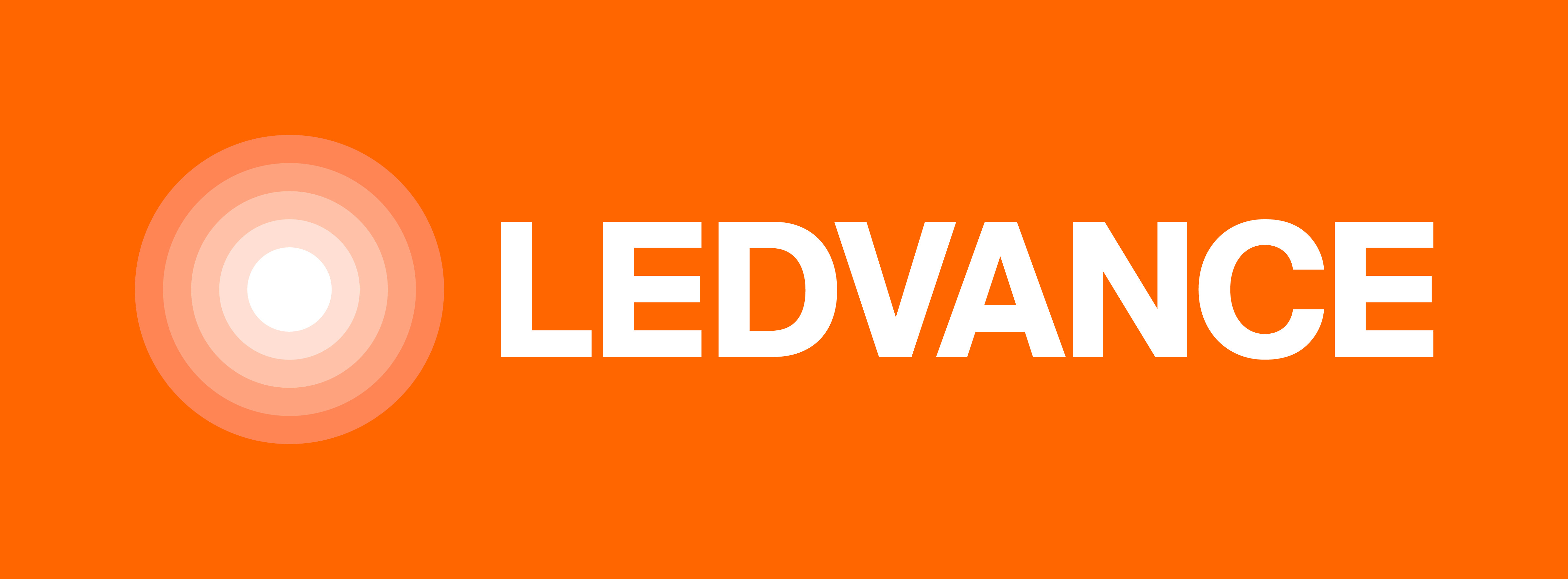 |
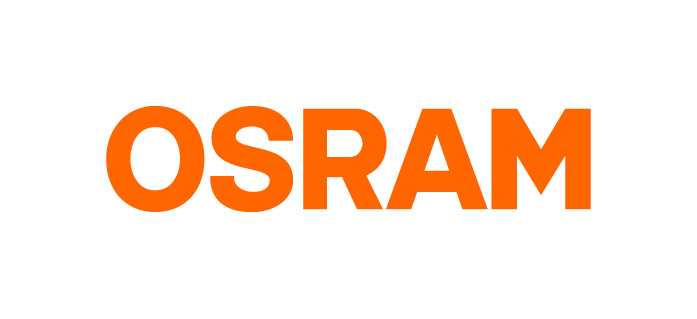 |
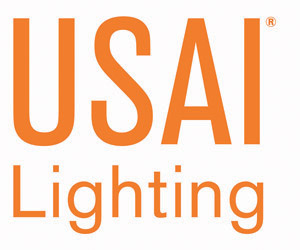 |
For more information
Please contact LRC’s Director of Educational Programs, Daniel Frering, at frerid@rpi.edu to learn more.


